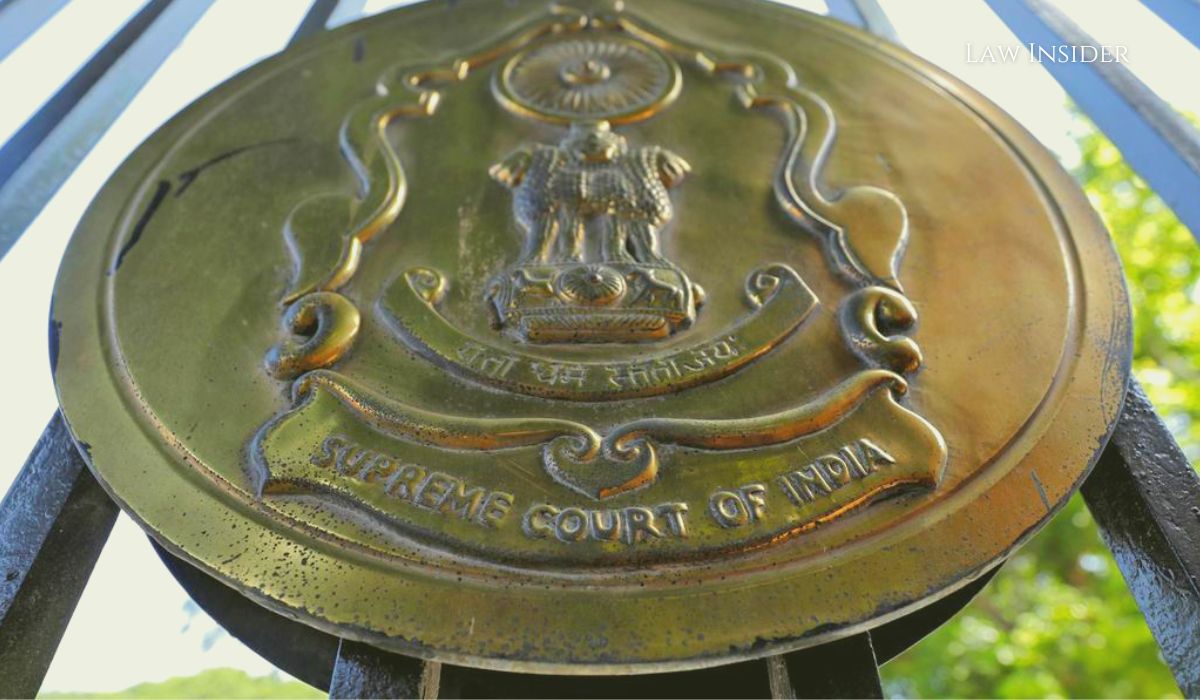Bhuvana Marni
Published on: October 22, 2022 at 19:38 IST
According to the Supreme Court, the standard reference to which a case of a pre-existing dispute under the Insolvency and Bankruptcy Code (IBC) must be employed cannot be equated with the principle of preponderance of probability.
The bench of Justice KM Joseph and Justice Hrishikesh Roy observed “The standard, in other words, with reference to which a case of a pre-existing dispute under the IBC must be employed cannot be equated with even the principle of preponderance of probability which guides a civil court at the stage of finally decreeing a suit.”
Advocate Rameshwar Prasad Goyal appeared on behalf of the appellants whereas, Advocate Ashok Mathur appeared for the respondent.
Facts of the Case
There were two High Seas Sale agreements, one to the second respondent and the other to its sister concern through the first respondent, for the supply of 500 Metric Tonnes of coal of a particular quality.
After then, two purchase orders were issued with directions to pay the price within seven days of receipt of the goods.
The deceased was a passenger in a bus driven by the respondent’s deceased husband’s Jammu and Kashmir State Road Transport Corporation in 2009. The husband of the appellant drowned in the river after the said bus fell into the Chenab River.
It was claimed that the rash and negligent driving of the bus driver was to blame for such an incident. Therefore, the appellants filed the claim petition under Section 166 of the Motor Vehicles Act, 1988 seeking total compensation of Rs. 50 lakhs.
The husband of the respondent was held liable under the principles of vicarious liability where the Motor Accidents Claims Tribunal granted compensation of Rs. 17,73704 with 6% interest rate.
The appellants moved to the High Court because they were aggrieved of the inadequate compensation.
After reassessing the compensation, the High Court granted additional compensation of Rs. 2,95,000/- with 9% interest rate. Even after the High Court’s compensation, the dissatisfied appellants filed an appeal before the Supreme Court.
The Court stated that the Appellants are entitled to an enhanced amount for the “loss of dependency” of Rs. 8,84,160/-, and as a result, Rs. 15,000/- is granted to each Appellant under for the “loss of estate” and “funeral expenses.”
The court stated that an amount of Rs. 65,000/- should be granted for “Loss of consortium” must be deducted.
As a result, the appeal was partly granted, with the appellants being determined to be entitled to an enhanced compensation amount of Rs. 10,29,260.
The State Road Transport Corporation of J&K was ordered by the court to pay the enhanced amount within eight weeks.
The Apex Court further ordered that the Rs. 1 lakh that the HC had allocated under the category of “love and affection” be deducted.
The Court further mandated that the enhanced amount carry interest at a rate of 6% per year from the date the appeal was filed until the date of realization in the event that the compensation was not paid.
Hence, the appeal was allowed in part.
Case Title: Raj Bala & Ors. vs. Rakeja Begam & Ors.

